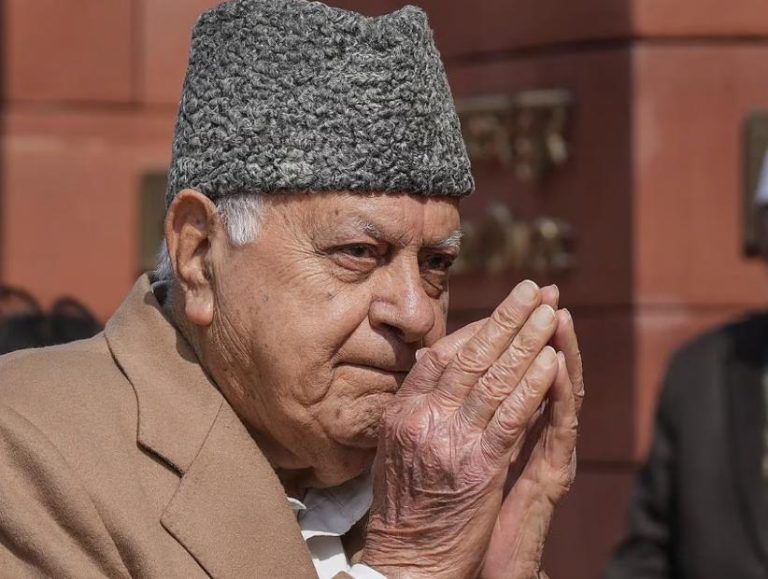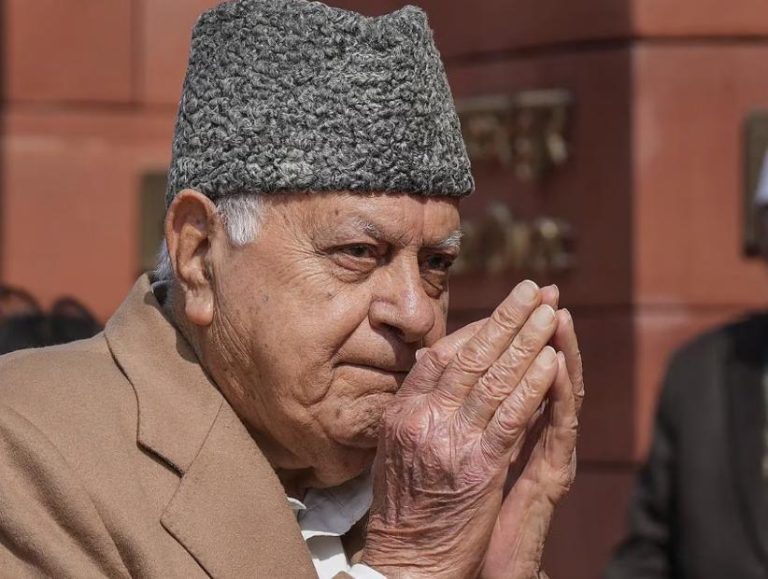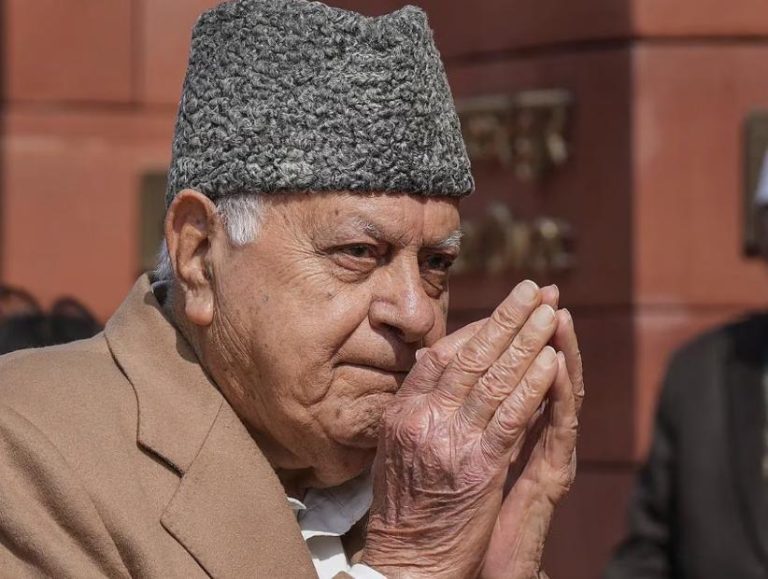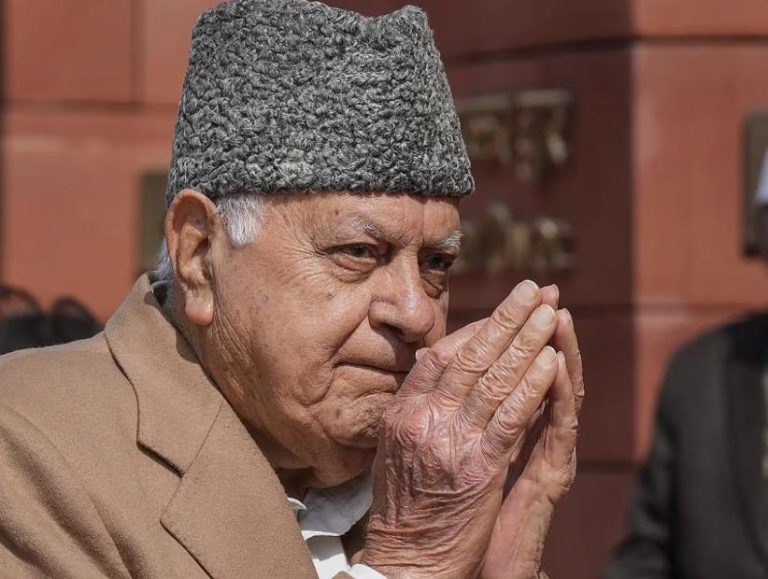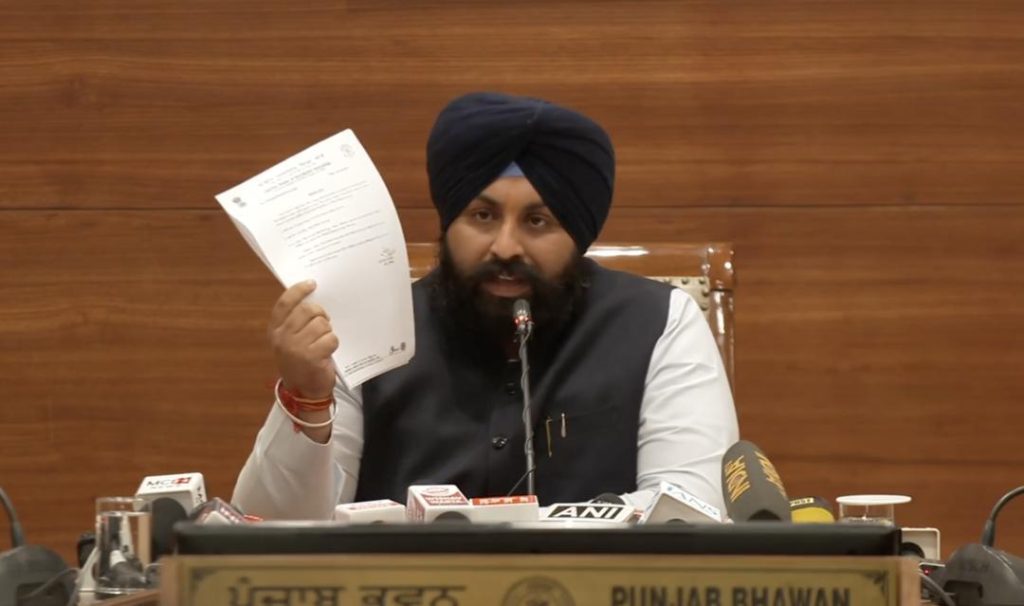
AAP Says Punjabi Dropped from List of Subjects for Class 10, CBSE Responds
In a recent development that has sent shockwaves across the education sector, the Punjab government has accused the Central Board of Secondary Education (CBSE) of removing Punjabi as a mandatory subject from the list of regional language subjects for Class 10 board exams. The allegations were made by Harjot Singh Bains, a minister from the Aam Aadmi Party (AAP) government in Punjab. However, CBSE has responded to the claims, refuting the allegations and assuring that all subjects currently being offered will continue.
According to reports, the Punjab government on Wednesday announced that it has made Punjabi a mandatory subject in all schools, citing concerns that the language was being neglected and its importance was being overlooked. The move was seen as a bid to promote the language and preserve the cultural heritage of Punjab. However, the announcement was met with resistance from the CBSE, which issued a clarification stating that the list of subjects contained in the draft date sheet was only indicative and not exhaustive.
The controversy began when Harjot Singh Bains, the Punjab minister for education, tweeted that Punjabi had been dropped from the list of subjects for Class 10 board exams. He alleged that the CBSE had done so without consulting the state government, which he claimed was a violation of the rights of Punjabi-speaking students. The minister also accused the CBSE of trying to suppress the language and undermine its importance.
The tweet sparked widespread outrage among Punjabi-speaking students and parents, who expressed concern that the removal of Punjabi from the curriculum would lead to a decline in the use of the language. Many also accused the CBSE of being biased against regional languages and of trying to impose a monopoly of Hindi and English.
However, CBSE responded to the allegations, stating that the draft date sheet was only indicative and not exhaustive. The board also clarified that all subjects currently being offered would continue to be offered, including Punjabi. The clarification was seen as a bid to ease tensions and allay fears among Punjabi-speaking students and parents.
The controversy has sparked a heated debate about the importance of regional languages and the role of the CBSE in promoting linguistic diversity. Many have argued that the CBSE has a responsibility to promote and preserve regional languages, which are an integral part of India’s cultural heritage. Others have argued that the CBSE should focus on promoting English and Hindi, which they claim are more widely spoken and have more economic and social value.
The controversy has also raised questions about the relationship between the Punjab government and the CBSE. The Punjab government has accused the CBSE of not consulting it on the removal of Punjabi from the curriculum, while the CBSE has claimed that it followed due process and consulted with stakeholders before issuing the draft date sheet.
The controversy is a reminder of the importance of language education in India and the need for the CBSE to promote linguistic diversity. Punjabi is one of the most widely spoken languages in India, with over 30 million speakers. It is an important part of Punjab’s cultural heritage and has a rich literary and cultural tradition.
In conclusion, the controversy surrounding the removal of Punjabi from the list of subjects for Class 10 board exams has sparked a heated debate about the importance of regional languages and the role of the CBSE in promoting linguistic diversity. While the Punjab government has accused the CBSE of removing Punjabi from the curriculum without consulting it, the CBSE has refuted the allegations and assured that all subjects currently being offered will continue. The controversy is a reminder of the importance of language education in India and the need for the CBSE to promote linguistic diversity.
Source:
